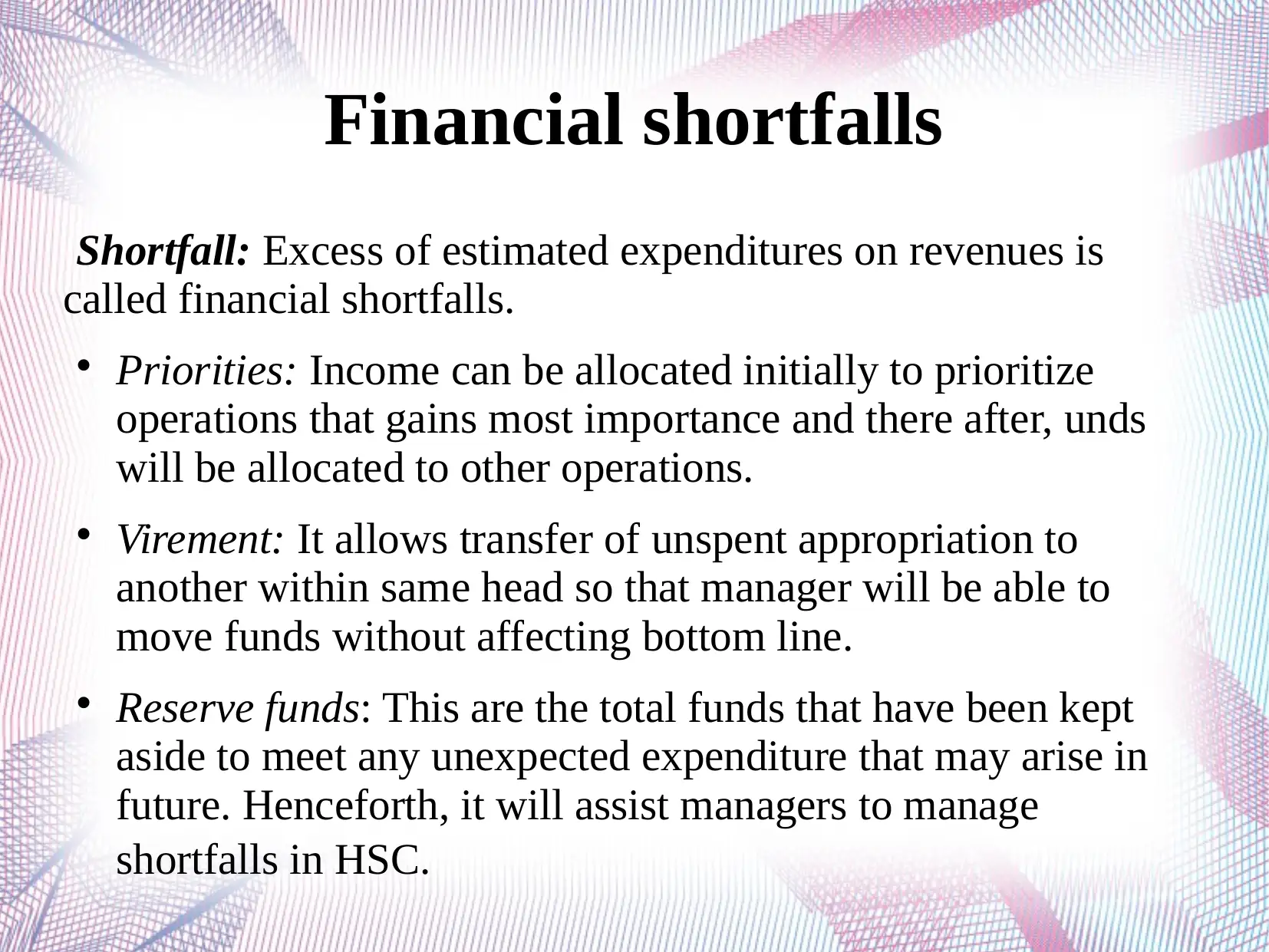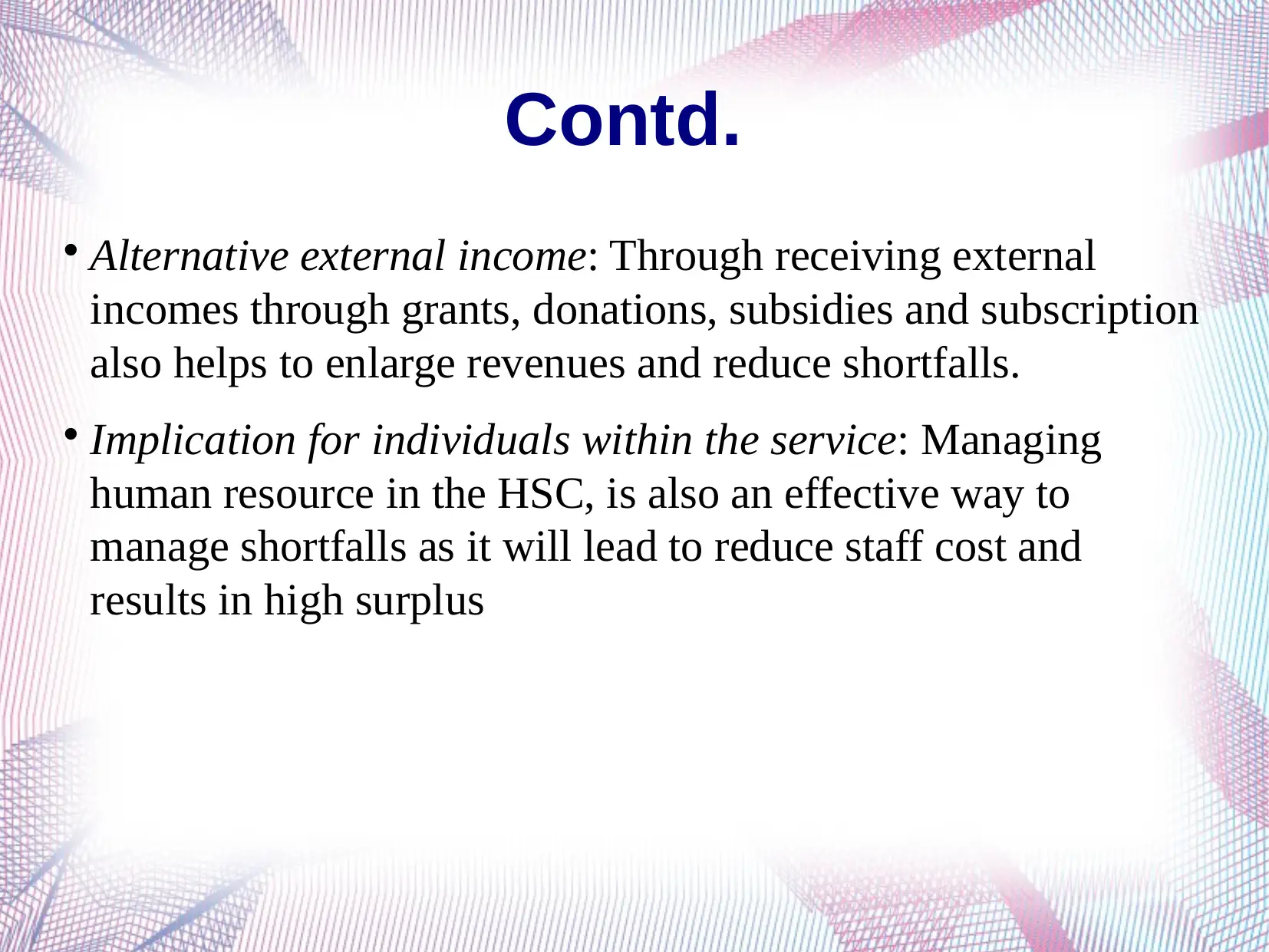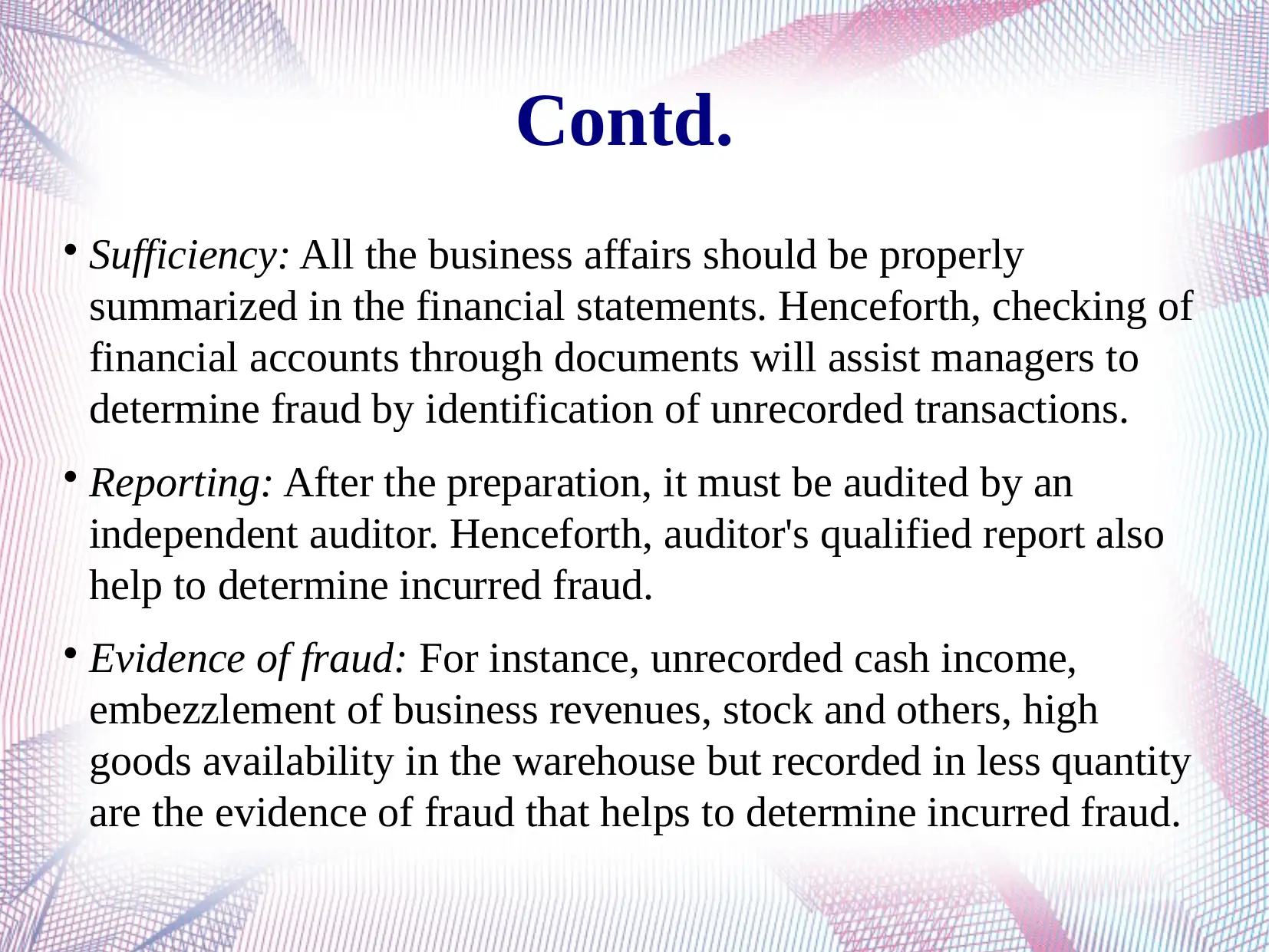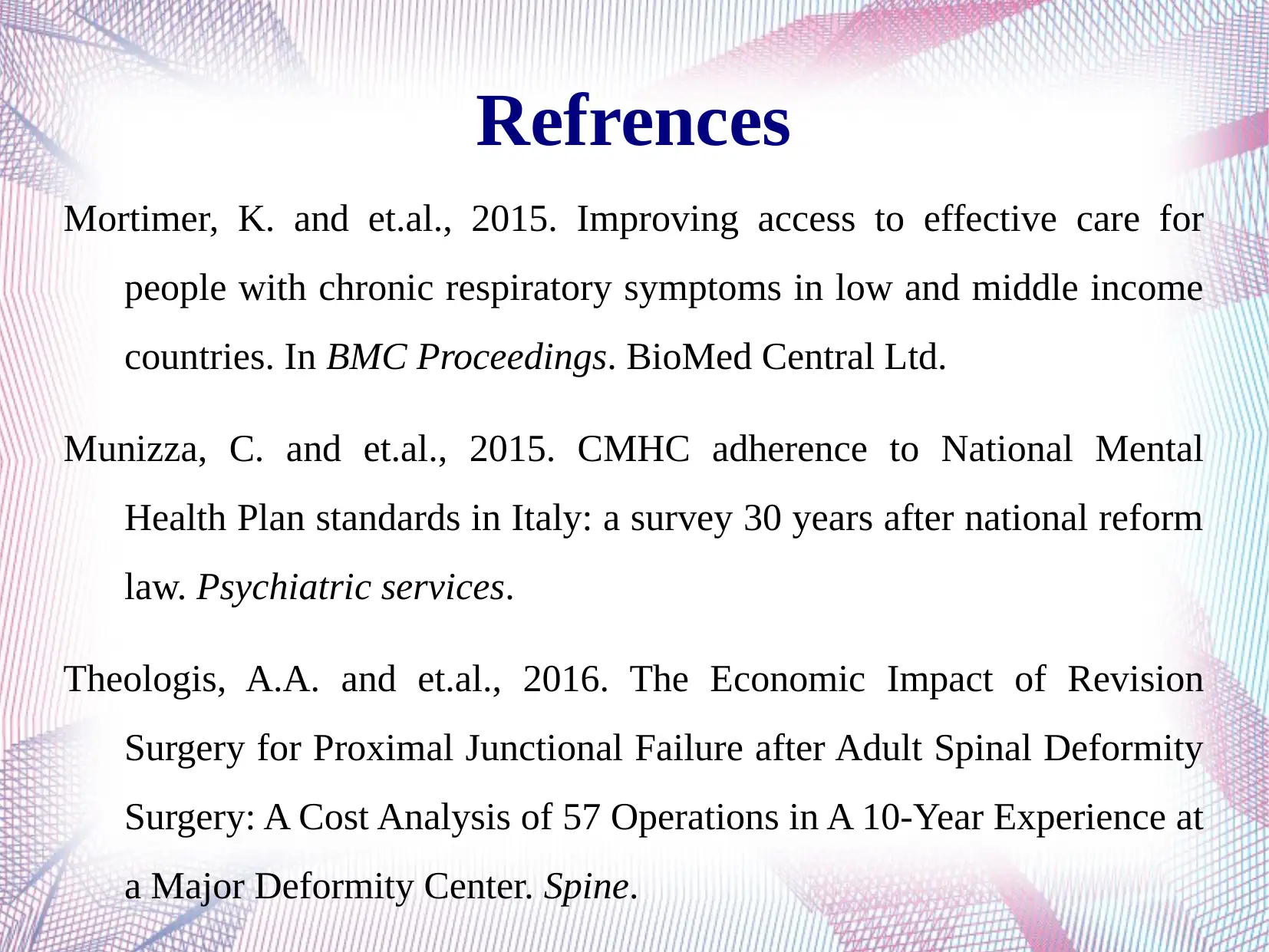Financial Shortfalls and Fraud in Healthcare Sector (HSC)
VerifiedAdded on 2023/04/21
|7
|495
|203
Report
AI Summary
This report provides an analysis of financial shortfalls and fraud detection within the Healthcare Sector (HSC). It explores key strategies for managing financial shortfalls, including the use of virement, reserve funds, and alternative external income. The report also emphasizes the importance of effective human resource management to reduce staff costs and improve financial outcomes. Furthermore, the report delves into the methods for fraud detection within the HSC, emphasizing the significance of accurate financial reporting, reliability, validity, and sufficiency of financial statements. It also highlights the role of independent auditors and the identification of potential fraud through the analysis of unrecorded transactions and irregularities in the business revenues. The report concludes by referencing relevant literature and summarizing the key takeaways for effective financial management and fraud prevention in the HSC.
1 out of 7













![[object Object]](/_next/static/media/star-bottom.7253800d.svg)